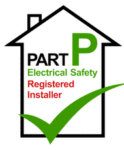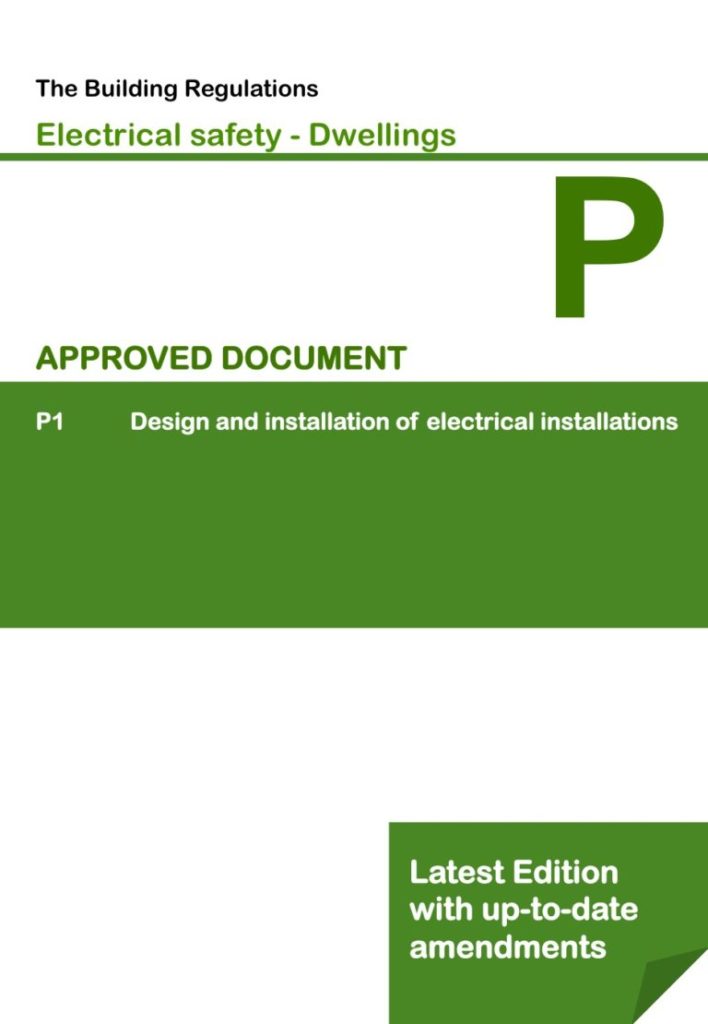Part P is in place to keep you and your family as safe as possible from electrical hazards, and applies to new domestic properties, as well as any alterations or additions to electrical installations in existing properties, including full or partial rewires.Who is responsible for making sure that electrical work in your home meets the requirements of Part P?By law, the homeowner or landlord must be able to prove that all electrical installation work on their property meets the requirements of Part P, or they will be committing a criminal offence.
Local Authorities have the power to make homeowners or landlords remove or alter any work that does not meet the requirements of the Building Regulations.
England
What electrical work is notifiable in England?
Electrical work which requires notification differs between England and Wales. Additional changes were introduced to Part P in England in April 2013. This means that electrical work in a dwelling, or associated with its surroundings, is notifiable to a local building control body where it includes:
circuit alteration or addition in a special location*
installation of one or more new circuits
installation of a replacement consumer unit (fuse box)
rewire of all circuits
partial rewire
new full electrical installation (new build)
* Certain zones within a room containing a bath or shower, or a room containing a swimming pool or sauna heater.
An alteration or addition to an existing circuit in a room containing a bath or shower is notifiable only where carried out in the space surrounding a bath or shower shown below:
What do I need to do if I wish to have electrical installation work carried out in my home?
All electrical work in the home in England must comply with Part P of the Building Regulations. In addition, those items described as notifiable above are required by Law to have a Building Regulations Compliance Certificate.
It is strongly recommended that you employ an electrical installer who is registered with one of the Government-approved Scheme Operators listed on this website. This is the only way in which you can be sure of employing someone who has had their domestic electrical competence verified and is authorised under the Regulations to arrange for you to be issued with the Building Regulations Compliance Certificate.
There are other ways of complying with the Building Regulations, but these do not verify the competence of the electrical installer and they involve making a further payment for electrical work to be inspected. The most common route for home owners to do this is by informing the Building Control Department of your local authority before the work commences. See www.planningportal.gov.uk for full details of how to comply with building and planning regulations.
What should I do if the work is non-notifiable in England?
If you determine that the work is not subject to notification under Building Regulations, we strongly recommend that you use a competent, registered electrical installer for safety reasons.”
http://www.electricalcompetentperson.co.uk/Regulations-Explained




